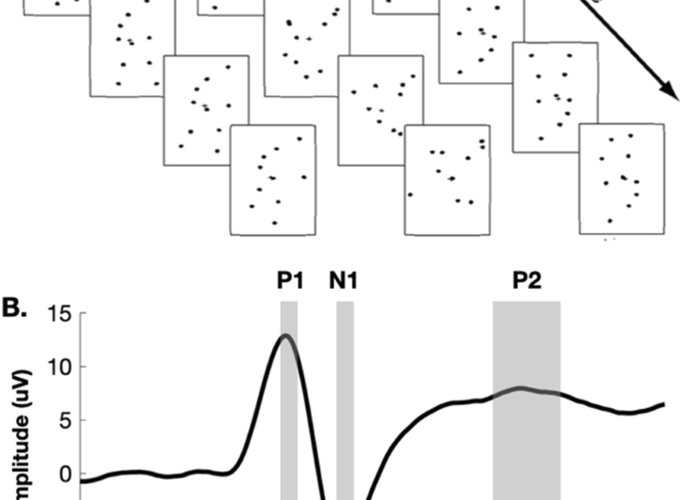Attentional influences on neural processing of biological motion in typically developing children and those on the autism spectrum

Attentional influences on neural processing of biological motion in typically developing children and those on the autism spectrum
Abstract
Biological motion imparts rich information related to the movement, actions, intentions and affective state of others, which can provide foundational support for various aspects of social cognition and behavior. Given that atypical social communication and cognition are hallmark symptoms of autism spectrum disorder (ASD), many have theorized that a potential source of this deficit may lie in dysfunctional neural mechanisms of biological motion processing. Synthesis of existing literature provides some support for biological motion processing deficits in autism spectrum disorder, although high study heterogeneity and inconsistent findings complicate interpretation. Here, we attempted to reconcile some of this residual controversy by investigating a possible modulating role for attention in biological motion processing in ASD.